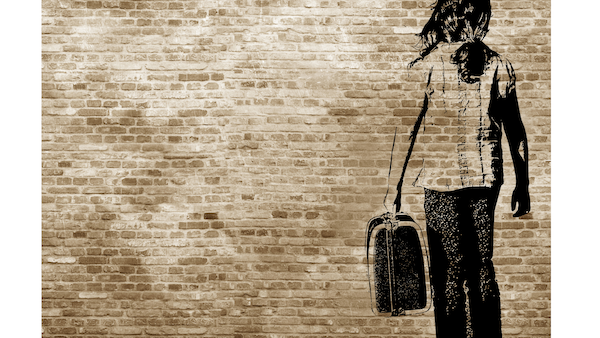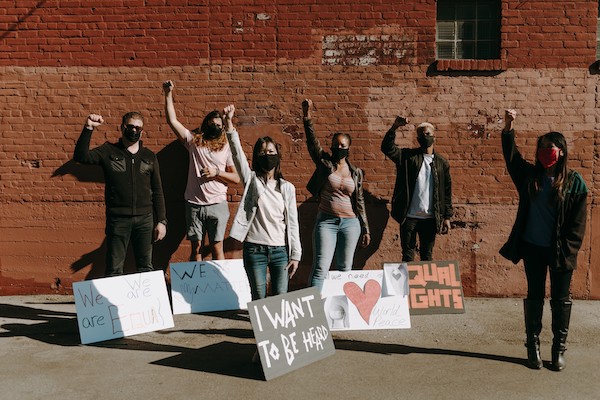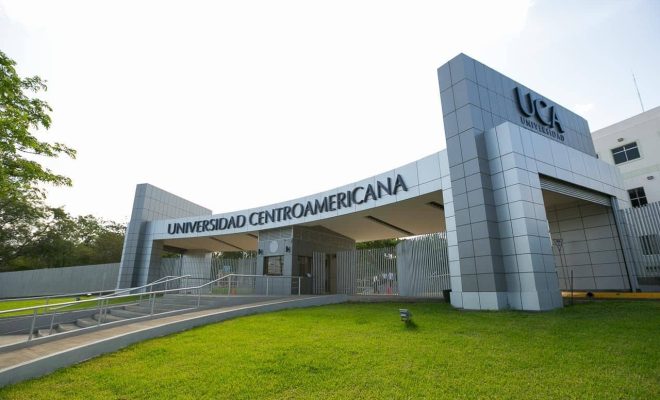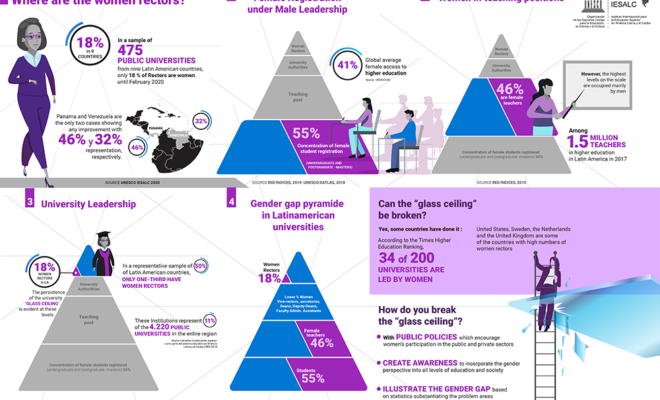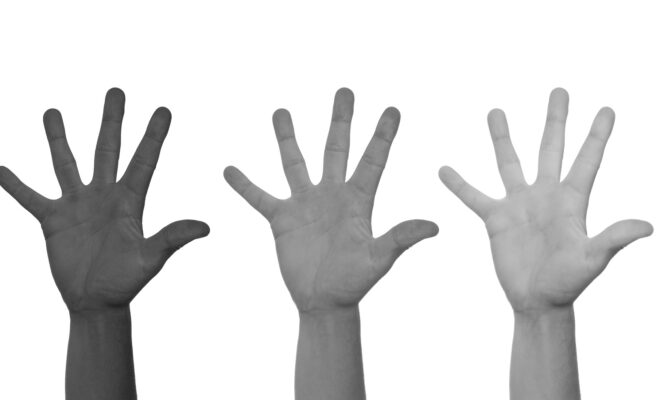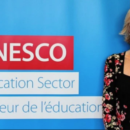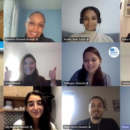Towards a More Inclusive Higher Education | Mundo UNTREF
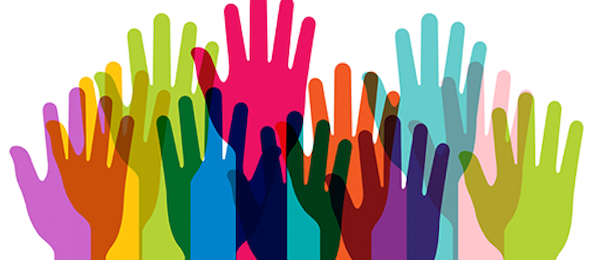
Tuesday March 22, 2022
On the International Day for the Elimination of Racial Discrimination, international specialists reflected on the role of Universities and Institutes of Higher Education.
Specialists Daniel Mato, Rajani Naidoo, Verene Shepherd and Alta Hooker stressed the need to modify the curricula of Higher Education Institutions (HEI) to allow greater social inclusion and eradicate the multiple forms of discrimination and racism that still persist. The conclusions were developed in the webinar What Can Higher Education Institutions do to Eradicate Racism from within and in their Societies?
The event, organized by UNTREF together with UNESCO and other foreign universities, had Daniel Mato, Director of the UNESCO Chair in Higher Education and Indigenous and Afro-descendant Peoples in Latin America, among its keynote speakers. The specialist denounced that discrimination against indigenous and Afro-descendant peoples in higher education is naturalized and entrenched. “There are people who suffer restrictions to access studies, on one hand, and there are institutions that generate exclusion of these peoples’ traditional knowledge and denial of their languages and worldviews, on the other”, highlighted the Argentine specialist.
For Mato, another problem lies in the shortage of indigenous and Afro-descendant teachers, as well as in the null presence of authorities from these peoples. “For higher education to be truly intercultural and anti-racist, it is essential to review the study plans of all careers”, he emphasized.
Although for the UNTREF expert there have been recent advances in relation to anti-discrimination proposals: “We can cite States that have created intercultural universities, such as Mexico, Panama, Bolivia, Peru and Colombia, situations that demonstrate a certain progress in the conscience of those in power,” he said. However, he stated that “the challenge is not only to include members of indigenous and Afro-descendant peoples in higher education, but to transform it completely to ensure their permanence”.
The activity was organized by UNTREF; the UNESCO International Institute for Higher Education in Latin America and the Caribbean (IESALC); the International Centre for Higher Education Management (ICHEM); the Race Equality Taskforce (RET) of the University of Bath, United Kingdom; the University of the Autonomous Regions of the Nicaraguan Caribbean Coast (URACCAN); and the University of the West Indies.
For Alta Suzzane Hooker Blandford, rector of the University of the Autonomous Regions of the Nicaraguan Caribbean Coast and coordinator of the Network of Indigenous Intercultural and Community Universities of Abya Yala (RUIICAY), “invisibilization, passivity and denial are mechanisms still in force in our societies” and considered that the fight against racism has to be a political will of the university authorities.
Hooker Blandford defined inter-culturality as “an opportunity to strengthen and build bridges of inclusion” and explained that “this goes beyond access to the classroom, it means defending their history and identity”.
Rajani Naidoo, UNESCO Chair in Higher Education Management and Vice-President (Community and Inclusion) at the University of Bath, UK, and Professor Emeritus of the University of Bath, UK, also spoke at the event; and Verene A. Shepherd, Professor Emeritus of Social History, and Director of the Centre for Reparation Research at the University of West Indies (UWI), agreed that racism is “systemic” and stressed that one of the priorities is to train students and provide them with the tools in order to enable them “to be agents of change and to stop discrimination”.
Beyond denouncing these negative actions in higher education institutions, both Mato and the foreign specialists considered that, with multi-sectoral work and commitment, it is possible to eradicate these practices and design a system in which the past and history play a preponderant role. “Universities are a way of life, and together we can build a more inclusive reality,” concluded Hooker Blandford.
Note and photo of Mundo UNTREF: http://untref.edu.ar/mundountref/hacia-una-educacion-superior-mas-inclusiva
Related links:
Video: Webinar: What can HEIs do to eradicate racism? ¿Qué pueden hacer las IES para erradicar el racismo? – March 21, 2022
Video: Webinar: Racism in the Academy: Global perspectives on multiple forms of racism and struggles for equity – November 18, 2021
Notes: Higher education both fights and reproduces racism | La academia combate y reproduce el racismo al mismo tiempo
RELATED ITEMS

